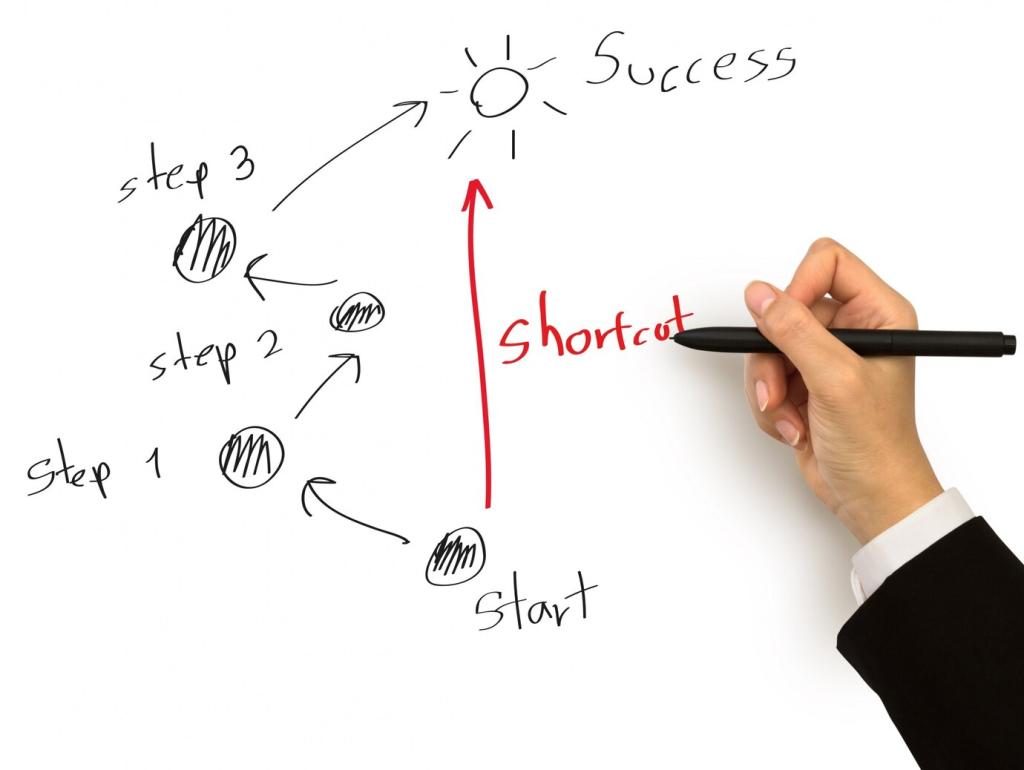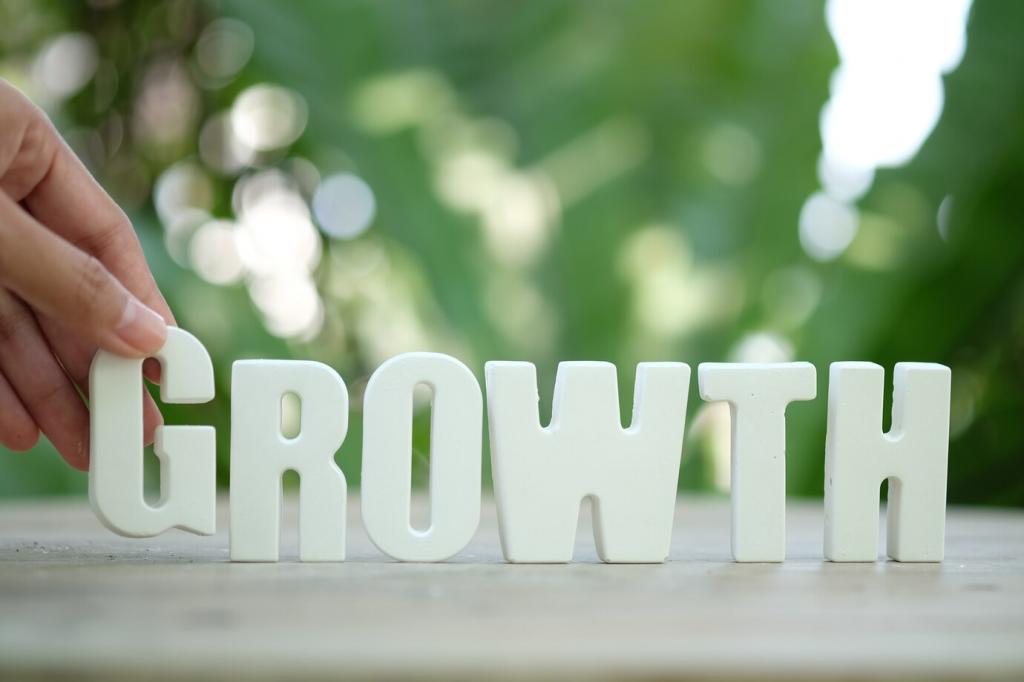Boundary Skills: Saying No to Protect Yes
Mark enrichment blocks as busy, name them specifically, and avoid stacking meetings against them. If someone asks for that time, offer the next free slot instead of surrendering. Your calendar reflects your values in public; treat it as a commitment worth honoring.
Boundary Skills: Saying No to Protect Yes
Try phrases like I have a prior commitment during that time, but I am free at four. Neutral, clear language avoids debate. Write three scripts in your notes app, ready to paste, so you protect your enrichment without overexplaining or feeling impolite.



